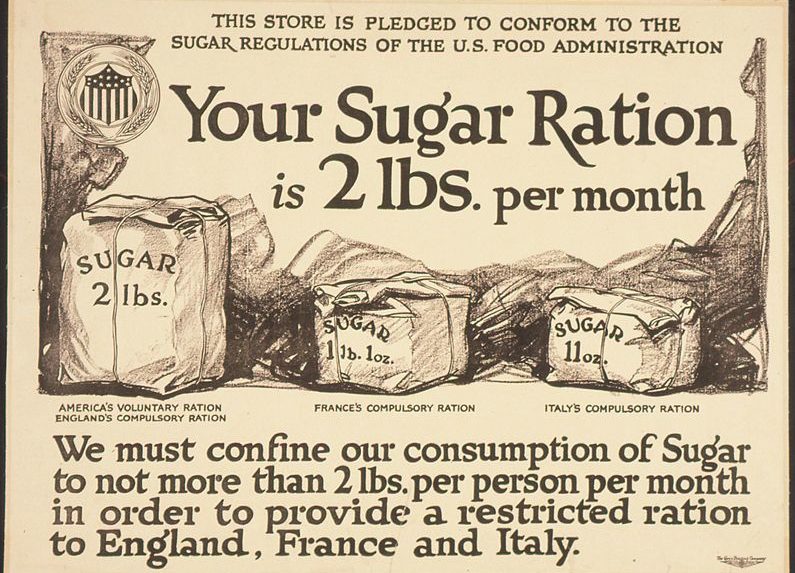
Earlier this month, as the curve of Covid cases climbed nationally, but specifically, here in Idaho, hospital officials warned of the possibility of rationing health care. Some hospitals have closed their ICUs and diverted patients, and had significant trouble finding an accepting hospital. While this is tragic, and we should all be asking, just what can we do ourselves to lessen this community burden, I find the shock that health care might have to be rationed in this wealthy country a bit of a sick joke. We have always rationed care. Maybe we are ashamed of it, but we should not be denying it.
There is no denying that when hospitals are overwhelmed with sick and dying patients, it is a tragedy. Many warn that we here in Idaho are approaching this status in many locations. Idaho has been a bit behind other locations in the curve, but we are seeing it now. If you or a loved one needs critical care, and it is unavailable, you might feel some injustice in why someone else got the ICU bed and you didn’t. I can understand such feelings. It can make you feel rage, disappointment. Blatant injustice can do that.
But Idaho’s legislature didn’t care too much when about a hundred thousand working poor had no health insurance. And not having health coverage is the easiest form of rationing we do as a country. “Get a job” dismisses the injustice of this. No, we have always rationed health care and we have been pretty blatant, sometimes even proud that we have. After all, to quote a prominent Idaho politician, “Nobody dies for lack of healthcare”.
It comes down to the fundamental question: Do we treat people fair? When you can’t get everything you want, or even dearly need, if there is some sense of justice, fairness in the allocation of resources, the outrage is tempered.
I can remember early in my days of office practice, the nurse I worked with asked me if we were going to have “special patients”.
“What’s that?” I asked.
She blushed. “Well, most doctors have some patients they consider special and will do special things for them. Like refill their prescriptions or treat them over the phone, or get them in to be seen whenever they want.”
“I’m comfortable doing that when the situation warrants.”
“For everybody?”
“If the situation fits. I treat everybody special.”
She smiled and sighed. “OK.”
I realized I just made her job harder, and mine. Giving some people what they want whenever they want it (and not others) can be easier than taking the time to understand each problem. There are all forms of rationing schemes.
Early on in this pandemic there was the rush to have as many ventilators as possible, like that might be the limiting factor. And the personal protective equipment was in short supply, rationed for many. But what we now know, is the actual care, the personal attention from nurses, doctors, staff and the time spent knowing the patient, knowing their illness and their lives is what is truly dear.
We are rationing care. And we, those of us not sick, not struggling for breath or feverish, are limiting the care we show for our fellow citizens. We have done it before, and we are doing it now.
If we really are a rich and great country, why would we embrace this lack of care for our fellow citizens? We have done it before, we are doing it now, in our actions, in our votes. Justice should be the value we embrace when we ration our care. Everybody is special.
Even without a pandemic, we can’t all have everything we want, or maybe even desperately need. But we can pursue justice.
